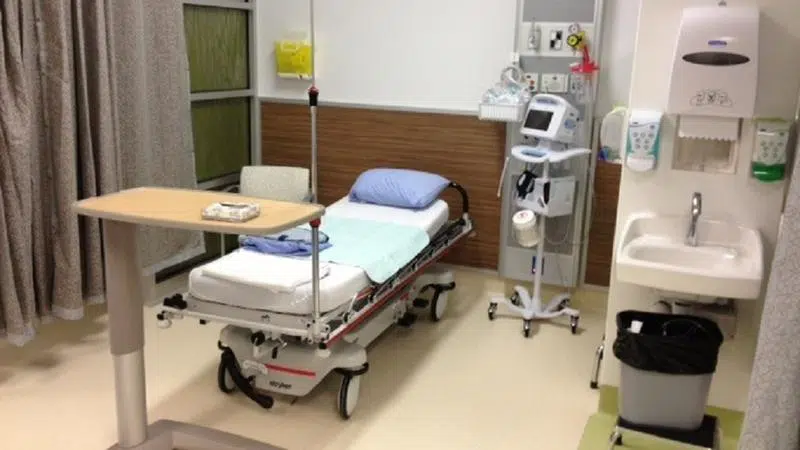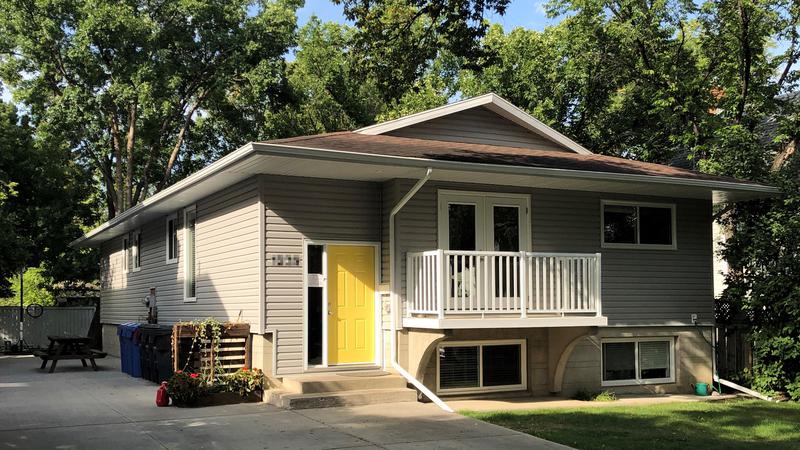
Alberta health care system is intact – But, doctors ask “For how long?”
LETHBRIDGE, AB — Physicians across the province continue to work under a heightened sense of awareness and urgency because of a one-in-one-hundred-year pandemic. They are doing it at a time when some would question “Why is the provincial government adding to their burden, at a time when they have enough to worry about?”
Dr. Ian Mitchell, a clinical professor of pediatrics and University of Calgary professor, has said it is unethical for the Alberta government to bring in changes to how doctors bill for service during the COVID-19 pandemic.
The province went ahead with changes to the physicians’ funding framework on April 1 – ignoring pleas from doctors and the Alberta Medical Association (AMA) to delay them so physicians could focus on the pandemic.
In Lethbridge, Dr. Samuel deWalle, previously told LNN that the biggest problem is that doctors are being asked to figure out how to restructure how they function under new rules, at a time when the medical system is dealing with the pandemic.


